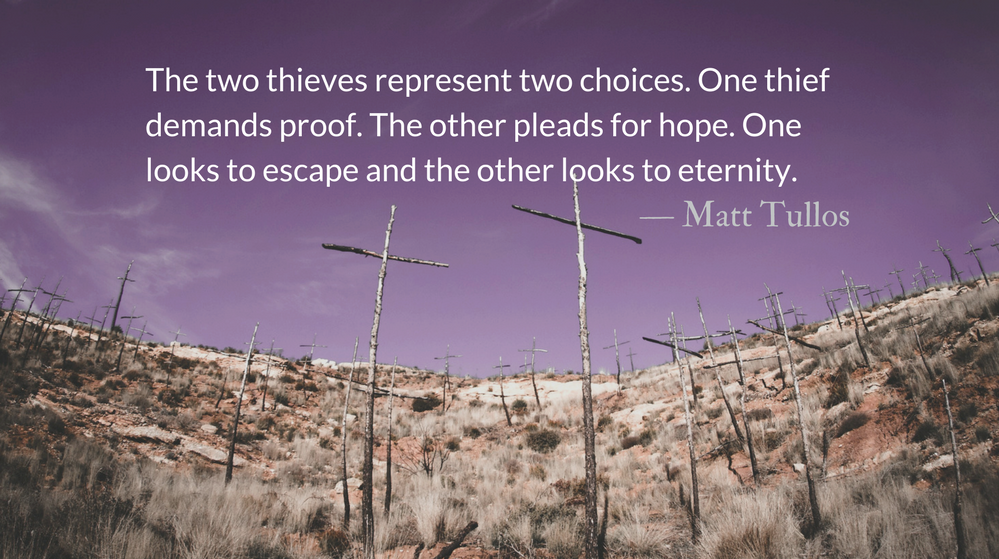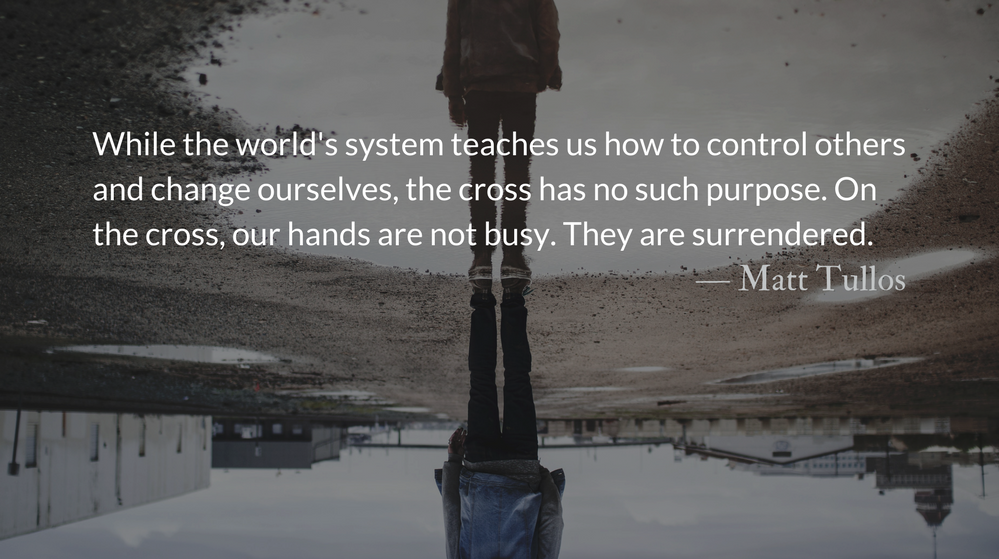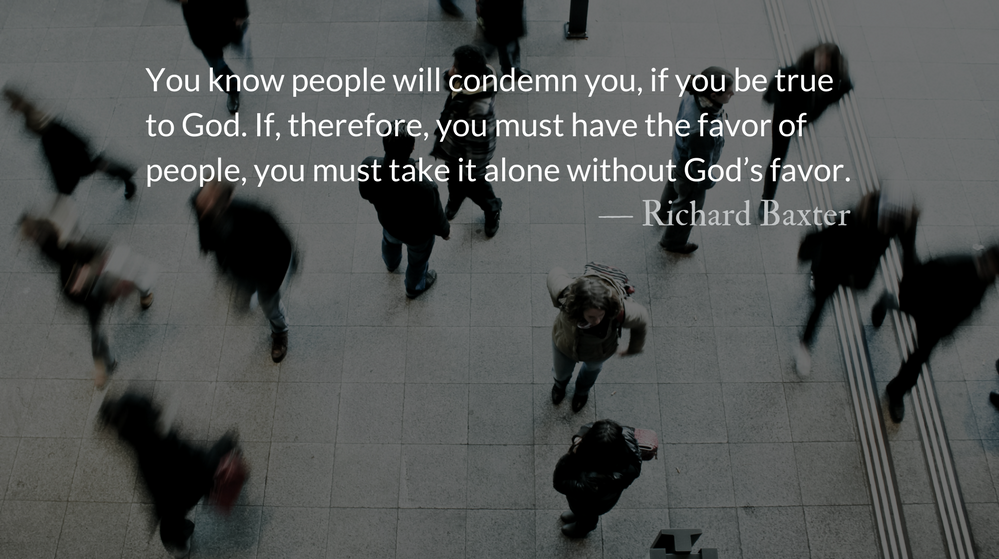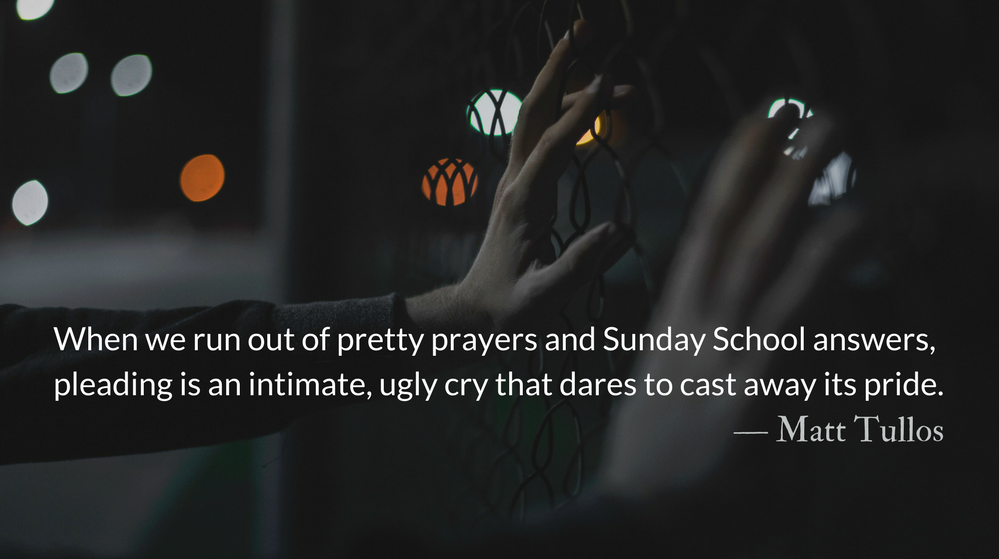Scripture: Galatians 5.5-6
For through the Spirit we eagerly await by faith the righteousness for which we hope…The only thing that counts is faith expressing itself through love.
Scripture: Luke 23.42
Then he said, “Jesus, remember me when you come into your kingdom.”
Reflection: Hope Born on the Cross
By Matt Tullos
Hope: When we look toward the constructs of eternity and find our true selves apart from our feeble flesh.
The two thieves represent two choices. One thief demands proof. The other pleads for hope. One looks to escape and the other looks to eternity. These choices stand as constant reminders that the cross of Christ demands a response.
Hope is personal. Very personal. Whether through worship, adversity, desperation or pain, we collide into the reality that our only hope is Jesus.
We can’t hope eternally in friends. Friends will fail us.
We can’t hope in institutions. Institutions over the course of eternity will evaporate like the ephemeral mist of the morning dew.
We can’t hope in hidden treasures. All treasures, short of grace, are water through our fingers.
We can’t hope in flowery platitudes because there will be a day when they will all wilt upon the parched, unforgiving soil of our brokenness.
Our hope is in the One who suffers next to us and says, “Today, you will be with me in paradise.” This glimpse of the cross reflects the absolute power of grace to snatch anyone from the jaws of destruction.
Was there anything the thief could do? Absolutely nothing. He couldn’t start a small group, feed the poor, go to the synagogue or study the scriptures. He found himself at the end of his life and the only thing he could do was to confess his sin and cry out to Jesus.
Hope is the word which God has written on the brow of every man.
— Victor Hugo
Hope was born on the cross.
Because hope was born we don’t have to be ashamed because he bore our shame.
Because hope was born we don’t have to constantly obsess about whether we could be good enough because He is our righteousness.
Because hope was born we are free.
Because hope was born we have purpose.
Because hope was born we are going to be okay.
And that’s worth celebrating!
Celebrate this scene of the darkest day! Grace rules even when we have no more time. Grace ruled the day then and now.
Have you ever felt like God has forgotten you?
What do you hope God will restore in your family, your heart, your church or your life?
Where is your hope waning?
*From a series Matt Tullos wrote called 39 Words. A few of these posts are available in audio form via Soundcloud. — John
On March 19, churches around the world celebrate the life of Saint Joseph, descendant of King David and earthly father of Christ our Lord. We honor and wish by Christ’s grace to emulate him for his obedience, constancy, and protection of the Holy Family.
Prayer: The Morning Psalm
Your love, O Lord, forever will I sing; from age to age my mouth will proclaim your faithfulness. For I am persuaded that your love is established forever… — Psalm 89.1-2
– Prayer from The Divine Hours: Prayers for Springtime by Phyllis Tickle.
Full prayer available online and in print.
Today’s Readings
Proverbs 6 (Listen – 3:22)
Galatians 5 (Listen – 3:22)






